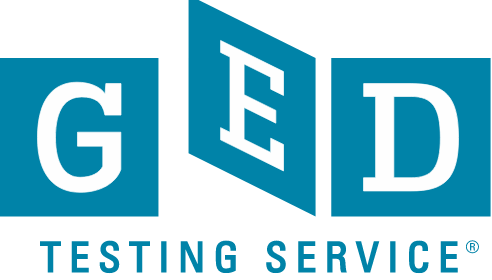Getting IBCC Equivalence for Your GED Diploma: A Step-by-Step Guide 📜
For students who have earned their General Educational Development (GED) diploma, obtaining equivalence from the Inter Boards Coordination Commission (IBCC) in Pakistan is a crucial step for pursuing higher education or employment in the country. IBCC recognizes the GED as an equivalent to the Higher Secondary School Certificate (HSSC), but there is a specific process you must follow.
What Is IBCC Equivalence?
Equivalence is a certificate issued by the IBCC that certifies a foreign educational qualification, like the GED, is comparable to a local Pakistani qualification, such as the Intermediate (HSSC) or Matric (SSC) certificate. This process ensures your international diploma is recognized and accepted by Pakistani universities and employers. The GED diploma is typically equivalent to the HSSC (Intermediate) qualification.
Documents You’ll Need 📋
Gathering the correct documents is the most important part of this process. The IBCC is very particular about the paperwork, so ensure you have everything in order before you apply.
- IBCC Equivalence Application Form: The completed form is the first step.
- Original GED Diploma and Mark Sheet/Transcript: You must provide the original General Educational Development (GED) diploma and the original grade report (marks sheet) issued by the Department of Education, USA.
- SSC Equivalence Certificate or Original SSC: If you have an SSC (Matric) certificate from a Pakistani board, you need to provide the original, verified by the concerned board. If you have an equivalent qualification from abroad, you must provide the IBCC equivalence certificate for that as well.
- Passport and Visa Copies: If you studied abroad, you need attested copies of your passport with valid visa details and stamps to prove your stay during your studies.
- CNIC or B-Form: An attested photocopy of your National Identity Card (CNIC) or B-Form.
- Passport-Sized Photographs: Several recent passport-sized photos.
- Proof of Accreditation: A document proving that your institution is accredited by a recognized US accrediting association.
- Proof of Fee Payment: The original paid challan form or a printout of the online payment receipt for the equivalence fee.
The Application Process 💻
IBCC offers several modes for submitting your application: walk-in, courier, and online. The process is straightforward regardless of the method you choose.
1. Online Application and Registration
First, visit the official IBCC website and register on their equivalence portal. You will fill out an online application form with your personal information and details of your qualifications.
2. Pay the Fee
After filling out the form, you’ll be prompted to pay the equivalence fee. The fee for foreign qualifications is Rs. 6,000 per certificate. The fee can be paid through various methods, including mobile banking apps (Easypaisa, JazzCash), or a United Bank Limited (UBL) challan.
3. Submit Documents
Based on the submission mode you chose (walk-in, courier, or online), you’ll submit your documents.
- Walk-in/Appointment: You can select a date and time for an appointment and physically visit one of the IBCC offices to submit your documents. You’ll bring all original documents and their attested photocopies.
- Courier Service: You can send your application and documents through a courier service like Pakistan Post, Leopard, M&P, or TCS to the IBCC head office in Islamabad or one of its regional offices.
- Online Submission: While this option exists, it’s often for submitting photocopies. For full equivalence, IBCC may require you to provide original documents later for verification. It’s best to confirm the requirements for online submissions on their website.
Important Things to Remember 💡
- Attestation: Make sure all photocopies of your documents are attested by a government officer of grade 17 or above.
- Verification: IBCC will send your documents to the concerned authorities for verification. This can take time.
- Pakistani Nationals: If you are a Pakistani national who completed your GED from Pakistan, you will need to pass Urdu, Islamiyat, and Pakistan Studies at the O/SSC level to get your equivalence. This requirement is typically waived for students who have studied and earned their qualification entirely abroad.
- Accuracy: Ensure all information on your application form matches your documents exactly to avoid delays.
By following these steps, you can successfully get your GED diploma recognized in Pakistan, opening up new opportunities for your academic and professional future.








